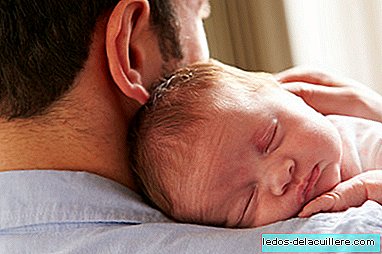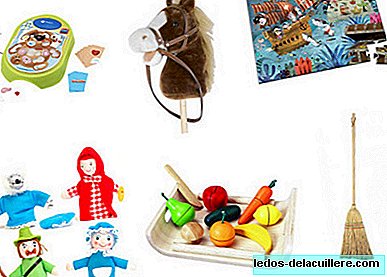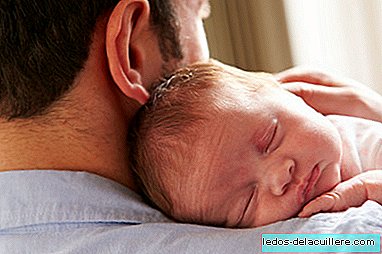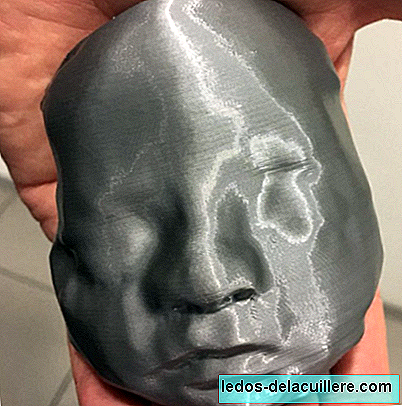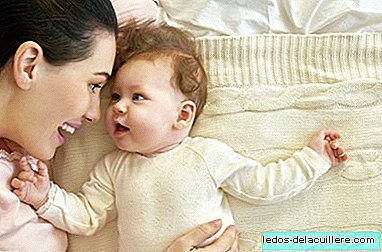
Postpartum depression is something that affects many recent mothers and of which, fortunately, more and more is being talked about, thus making it possible to continue investigating about it and finding more effective ways to combat it.
A recent study in London found that singing could help mothers recover from postpartum depression more quickly.
The study, published in The British Journal of Psychiatry, was carried out in a period of 10 weeks and had the participation of 134 moms and their babies, with the objective of measure the impact that certain creative activities had on depression symptoms.
The participants and their babies were divided into three groups: the first one participated in a group singing workshop, in which they learned and performed songs about different aspects of motherhood; the second participated in a creative game workshop, where they performed sensory games and crafts with their babies; and the third, simply received postpartum care and functioned as a control group.
At the end of the 10-week period, small improvements in depression symptoms were found in the mothers who participated in the singing workshop, including statistically significant improvements among mothers whose postpartum depression was moderate to severe.
In conclusion, mothers with higher levels of postpartum depression reduced their symptoms by 40%. On the other hand, the difference between the creative play group and the control group had not been significant.
Regarding these results, Dr. Perkins, one of the authors of the study commented: “Postpartum depression is something that weakens women and their families, however, our study shows that for some women something as accessible as singing with their babies could help speed recovery in one of the most vulnerable moments of their lives.”.
Previously we had shared another study about the benefits it has for both of you to sing to your baby, and just one of them was that mothers they simultaneously experienced a distraction from the negative thoughts and emotions associated with depression, and at the same time they felt empowered as mothers.





